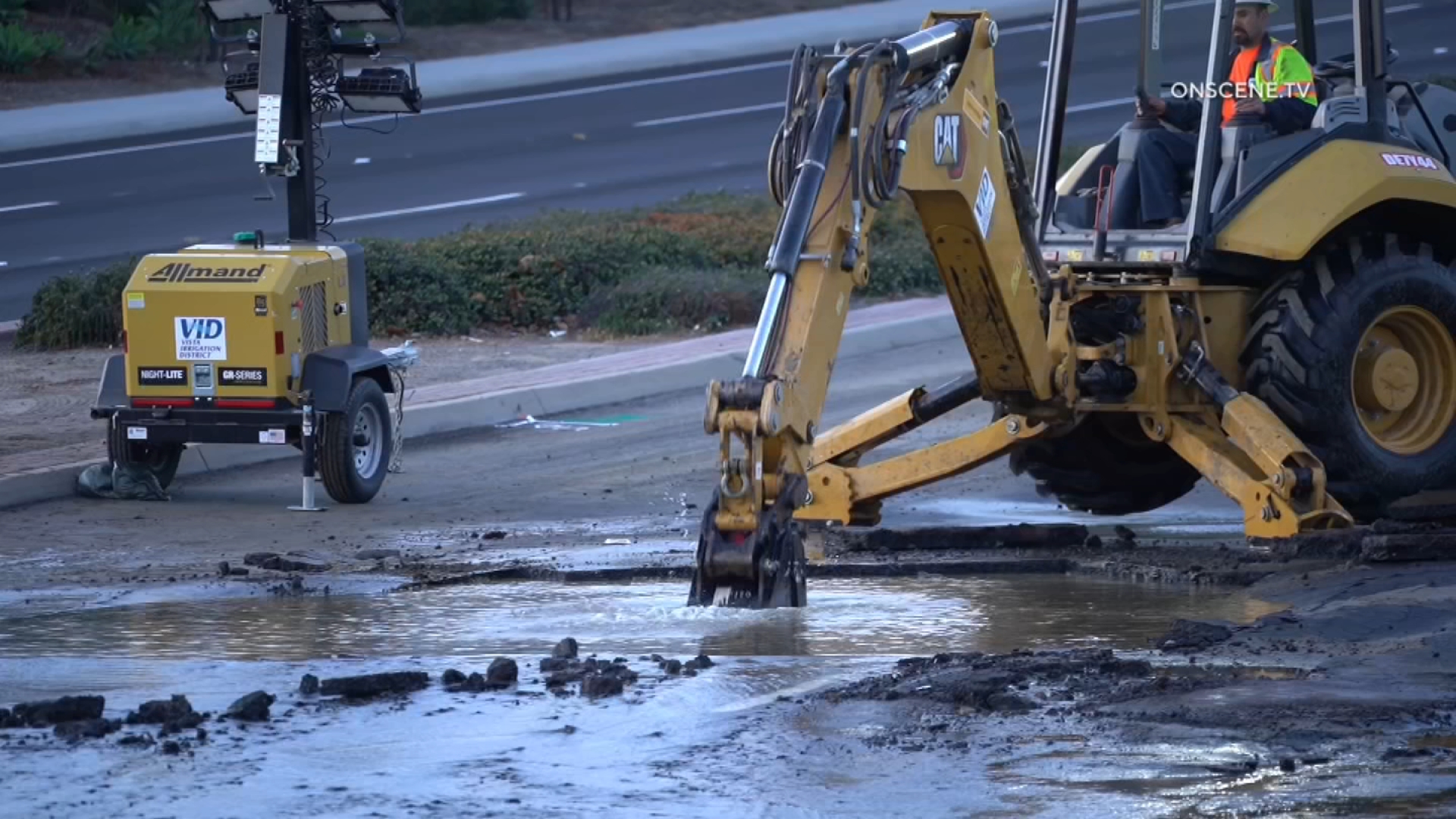COVID-19 has stopped all facets of society in their tracks. No institution more integral to America, however, than the criminal justice system.
The pandemic’s rise has created a debilitating backlog of both criminal and civil cases in San Diego. San Diego Superior Court Judge Lorna Alksne puts the number of cases waiting to be docketed at approximately 2,700. Alksne also estimates that more than 300 criminal defendants are now sitting in local jails awaiting their chance for a fair trial.
Now, it appears as if their day in court will soon come.
On Tuesday, the San Diego Superior Court announced that trials will resume on Oct. 13, bittersweet news for some local defense attorneys.
“This has to happen,” said former San Diego County District Attorney-turned criminal defense attorney, Paul Psfingst. “We cannot keep people in jail indefinitely without giving them a right to a trial because some people are going to be found not guilty.”
Psfingst tells NBC 7 Investigates that he had one client who sat in jail for months on murder charges, only to be released when his trial was finally docketed.
“We have to adapt to the reality of the moment, that COVID is that reality. Hopefully it will eventually go away but it is going to change, at least for the next few months, the way jury trials are conducted,” said Psfingst.
But weighing the constitutional right to a speedy trial against potentially exposing defendants, attorneys, judges, courtroom staff, and jurors has not been an easy task.
To ensure that the courtroom does not become the scene for the county’s next outbreak, court administration has been outfitting courtrooms to look more like hockey rinks. Plexiglass now separates the accused and their attorneys, as well as witnesses from the jury box and judge’s desk. The gallery is also isolated.
And while defense attorney Psfingst and others look forward to seeing the wheels of justice spin once again, other attorney groups are not so sure.
In a July 24 statement from the National Association of Criminal Defense Lawyers (NACDL), the group said that while all those accused have a right to speedy trial, doing so could come at a “grave risk.”
“Jury trials are not safe for any of the stakeholders in such proceedings until the COVID-19 pandemic is under control,” reads the NACDL statement and accompanying report. “Given the nature of the disease and the manner of transmission, court proceedings, especially jury trials, present a grave risk to all participants, including the public which has a fundamental right to attend.”
However, like Psfingst, Superior Court Judge Alksne says the court is taking other measures in an effort to mitigate the risk to the public.
In addition to the plexiglass walls, jurors will be sat six feet apart from each other. Also, the number of cases and the number of potential jurors at the downtown courthouse will be significantly reduced from up to 400 people per day to 72 people.
Said Alksne, “We know this will be an uphill battle to work through all of the pending jury trials and we will only be able to accomplish this with the support of jurors willing to fulfill this public service. It is more critical than ever that you report for jury duty if summoned.”



